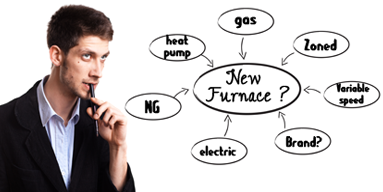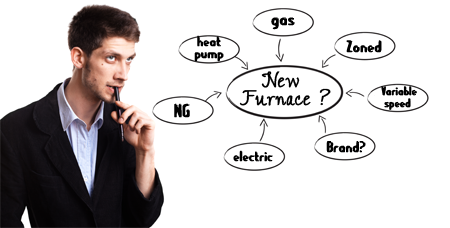Maintenance Tips To Save Money on Your Summer Air Conditioning Bill
Here are some easy maintenance tips to keep your HVAC system running smoothly and efficiently. A smooth-running A/C system can reduce your utility bill. Rather than letting cabin fever get the best of you during this global crisis, make good use of your time by conducting HVAC maintenance that will save money on your summer utility bills. Your Family and Pets Need Fresh Air, All Summer Long!
Limit the Amount of Sun that Enters Your Home
Window coverings are a great way to block the intense heat of the summer sun. Installing window coverings that are designed to reduce radiant heat can reduce your home from heating up in the hot’s part of the day. Covering your skylights or any window in rooms facing the West can reduce energy consumption. Landscaping that shields south and west-facing walls and windows can help prevent your home from heating up from the summer sun. Window screens and tint can be a great solution for large windows that let sun heat up rooms on the Southwest side of your home.
Conduct a Proper Vent Inspection
Regular vent inspection can reduce air conditioning strain. Keep your vents free from being blocked. Allow plenty of airflow in and around vents and returns. Complete or partial blockages can put excess strain on your air conditioning system.
Clean Your Outdoor Condenser
During the winter leaves, branches and debris can gather around this vital component to your HVAC system. The condenser is not only a vital component, but it is also the most expensive component. Shrubs, plants, and trees can also grow in and around your air conditioner condenser. With appropriate regular spot checks & maintenance, you should expect more than a decade of use from this important piece of equipment.
Evaluate Your Thermostat Placement
Your thermostat determines how often your HVAC system turns on and off. If your thermostat is affected by sources of heat, it could be detecting inaccurate temperatures. Household items like lamps and direct sunlight can prematurely turn your system on inappropriately. Also note that the lower your thermostat setting, the more energy your system will consume. For every degree below 78 degrees, you increase your energy consumption by 8%.
A/C Tune Up and Preventative Maintenance
We have outlined a few tips to reduce summertime energy consumption by your HVAC system. In addition to visual inspection of your unit, preventative maintenance is a key step to reducing summertime utility bills. Schedule your A/C tune up appointment before the summer heats up to avoid delays in scheduling and help mitigate costly repairs.
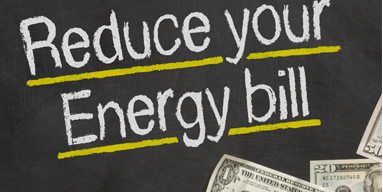


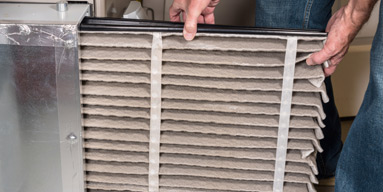

 Many viruses are spread through respiratory droplets. These droplets originate when an infected person coughs or sneezes and the resulting droplets become airborne. These contaminants can spread through your air conditioning system, mixing with your home’s air supply, and be spread throughout your home. The HVAC system and ductwork can contribute to spreading unwanted pathogens in the air, not because your system is contaminated as a factory defect, but because the air in your home is contaminated.
Many viruses are spread through respiratory droplets. These droplets originate when an infected person coughs or sneezes and the resulting droplets become airborne. These contaminants can spread through your air conditioning system, mixing with your home’s air supply, and be spread throughout your home. The HVAC system and ductwork can contribute to spreading unwanted pathogens in the air, not because your system is contaminated as a factory defect, but because the air in your home is contaminated.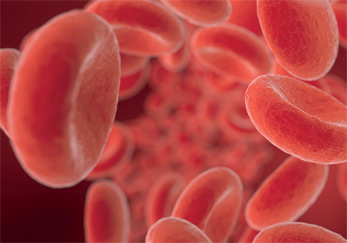 Surface ultraviolet and airstream ultraviolet disinfection systems deactivate pathogens. UV disinfection systems are shown to reduce microbial load and pathogens commonly found in HVAC systems and drain pans.
Surface ultraviolet and airstream ultraviolet disinfection systems deactivate pathogens. UV disinfection systems are shown to reduce microbial load and pathogens commonly found in HVAC systems and drain pans.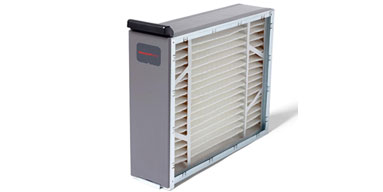
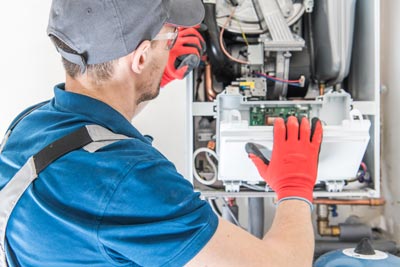 – Take a look at your thermostat. Is it outdated? Many of the newer thermostat model are more energy efficient and can reduce your utility bill. Check out programmable thermostats and smart thermostats. Each can offer some great energy saving and convenience opportunities.
– Take a look at your thermostat. Is it outdated? Many of the newer thermostat model are more energy efficient and can reduce your utility bill. Check out programmable thermostats and smart thermostats. Each can offer some great energy saving and convenience opportunities.

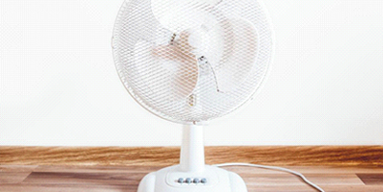
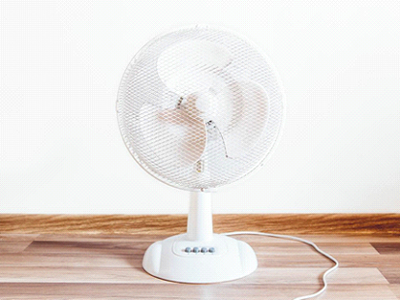 Unless you live alone, you will inevitably deal with what can only be deemed a “thermostat war” at some point or another. Maybe your roommate likes to keep the apartment at an ice-box level while you like to sweat it out for sake of saving cash. Or maybe your husband can’t sleep unless it your home is warm and toasty, while you prefer to sleep with a nice chill. Life sure would be easier if everyone could agree on the perfect temperature, but unfortunately it rarely works out that way. So how do you deal when you and your partner can’t agree on the thermostat settings? Instead of sneakily cranking the air down when your wife isn’t looking or turning the A/C off when your roommate is preoccupied, check out these helpful tips.
Unless you live alone, you will inevitably deal with what can only be deemed a “thermostat war” at some point or another. Maybe your roommate likes to keep the apartment at an ice-box level while you like to sweat it out for sake of saving cash. Or maybe your husband can’t sleep unless it your home is warm and toasty, while you prefer to sleep with a nice chill. Life sure would be easier if everyone could agree on the perfect temperature, but unfortunately it rarely works out that way. So how do you deal when you and your partner can’t agree on the thermostat settings? Instead of sneakily cranking the air down when your wife isn’t looking or turning the A/C off when your roommate is preoccupied, check out these helpful tips.
